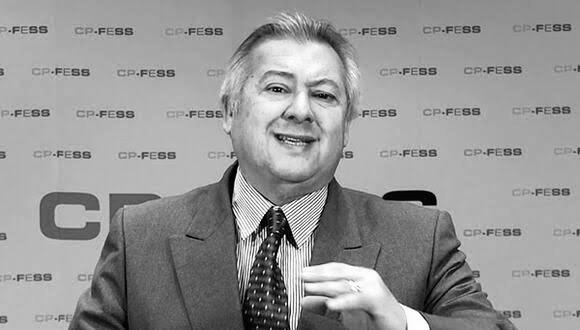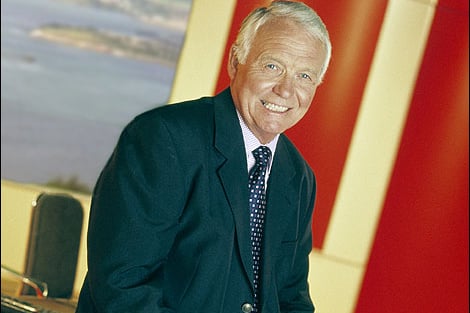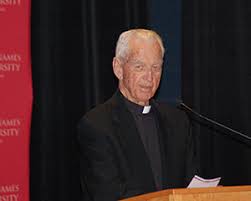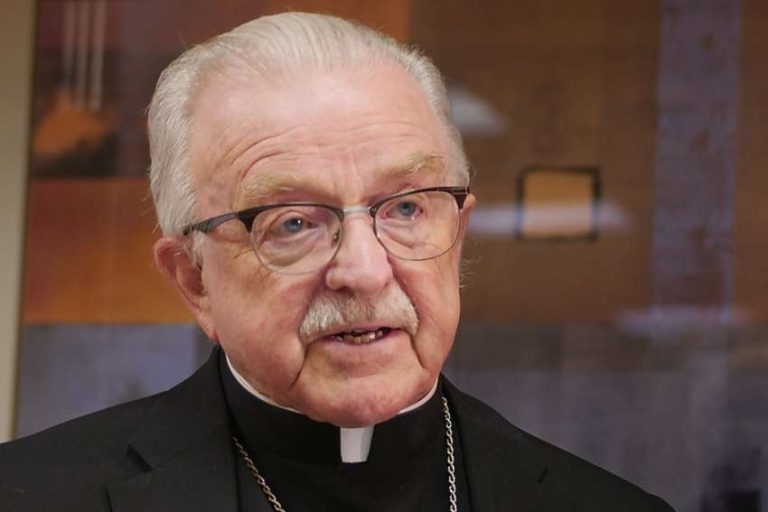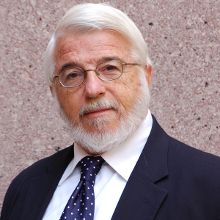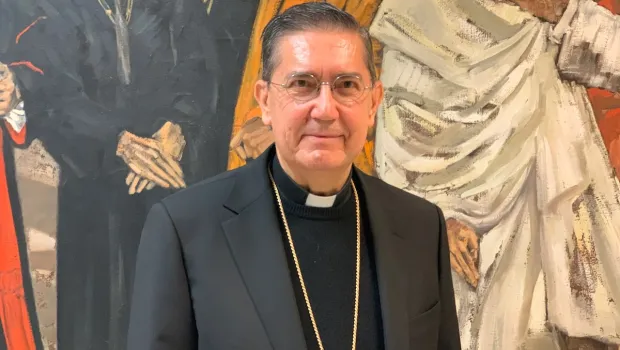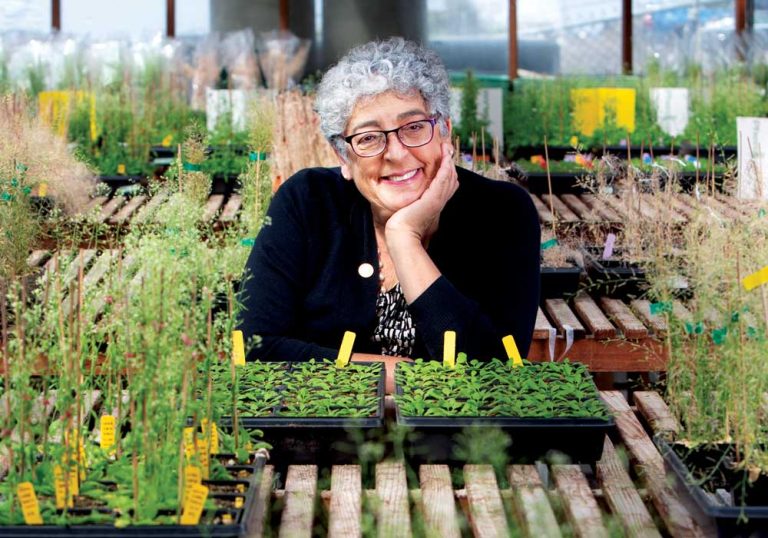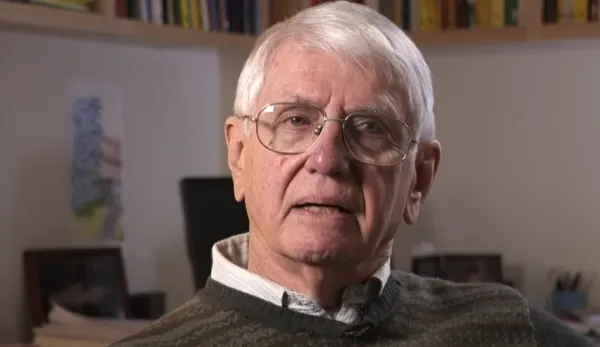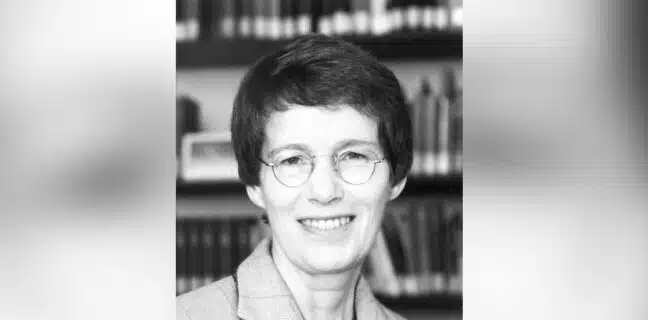The Different Branches of Science, Theology, and the Role of Scientists
Science and theology are two of the most significant fields of human inquiry, each seeking to understand the world and our place in it from different perspectives. While science relies on observation, experimentation, and evidence, theology addresses questions of the divine, the nature of existence, and the meaning of life. Despite their differences, these disciplines often intersect, with scientists and theologians alike exploring the mysteries of the universe and humanity. This article will explore the various branches of science, the study of theology, and the pivotal role of scientists in these fields.
1. Branches of Science
Science is a systematic enterprise that builds and organizes knowledge in the form of testable explanations and predictions about the universe. It is divided into several branches, each focusing on a different aspect of the natural world.
a) Physics
Physics is the study of matter, energy, and the fundamental forces of nature. It seeks to understand the behavior of the universe at both the macroscopic and microscopic levels, from the motion of planets to the interactions of subatomic particles.
- Scientists: Renowned scientists like Albert Einstein, Isaac Newton, and Stephen Hawking have made groundbreaking contributions to physics, from the laws of motion and gravity to the theory of relativity and quantum mechanics. Their work has deepened our understanding of the universe’s fundamental laws.
b) Chemistry
Chemistry is the science of matter and the changes it undergoes during chemical reactions. It is often referred to as the “central science” because it connects physical sciences with life sciences and applied sciences like medicine and engineering.
- Scientists: Pioneers such as Marie Curie, Dmitri Mendeleev, and Linus Pauling have been instrumental in advancing our knowledge of atoms, molecules, and chemical processes. Their discoveries have led to numerous technological advancements and medical breakthroughs.
c) Biology
Biology is the study of life and living organisms, focusing on their structure, function, growth, evolution, and ecology. This branch of science encompasses everything from molecular biology to environmental science.
- Scientists: Charles Darwin, Gregor Mendel, and Rosalind Franklin are just a few scientists whose contributions to biology have revolutionized our understanding of genetics, evolution, and cellular biology. Their work continues to impact fields like medicine, agriculture, and conservation.
d) Earth Science
Earth science is the study of the Earth and its components, including geology, meteorology, oceanography, and environmental science. Earth scientists explore the processes that shape the planet, such as earthquakes, volcanic activity, and climate change.
- Scientists: Pioneers like Alfred Wegener, who proposed the theory of continental drift, and James Lovelock, who developed the Gaia hypothesis, have advanced our understanding of the Earth’s history, ecosystems, and climate systems.
e) Astronomy
Astronomy is the study of celestial bodies such as stars, planets, and galaxies, and the phenomena that occur outside Earth’s atmosphere. This branch of science investigates the origins, evolution, and fate of the universe.
- Scientists: Figures like Galileo Galilei, Johannes Kepler, and Carl Sagan have made significant contributions to our understanding of the universe. Through telescopic observations and theoretical work, they have helped to reveal the vastness of space and the nature of celestial objects.
f) Social Sciences
The social sciences explore human behavior, societies, and cultures. Fields such as sociology, psychology, anthropology, and economics fall under this category, examining everything from individual actions to societal structures.
- Scientists: Social scientists like Sigmund Freud, Karl Marx, and Jane Goodall have shaped the way we understand human behavior, social systems, and cultural evolution. Their work has influenced policies in education, mental health, and social justice.
2. Theology: The Study of God and Religion
Theology is the study of the divine, religious beliefs, and spiritual doctrines. While science seeks to explain the natural world, theology focuses on questions of existence, purpose, morality, and the nature of the divine.
a) Philosophical Theology
Philosophical theology involves the application of reason to religious beliefs, seeking to understand and explain the nature of God, the soul, and the meaning of life. It often overlaps with philosophy and examines questions about existence, morality, and the human relationship with the divine.
- Theologians: Thinkers such as Thomas Aquinas, Augustine of Hippo, and Immanuel Kant have been instrumental in shaping theological thought, blending reason and faith to understand the nature of God and existence.
b) Systematic Theology
Systematic theology organizes religious teachings into a coherent system, categorizing doctrines and beliefs into topics such as God, creation, salvation, and ethics. This branch aims to provide a comprehensive understanding of a religion’s core tenets.
- Theologians: Figures like Martin Luther, John Calvin, and Karl Barth have contributed to the development of systematic theology, interpreting religious texts and shaping theological frameworks in Christianity.
c) Historical Theology
Historical theology examines the development of religious doctrines over time. It focuses on the historical context of theological ideas, the evolution of religious movements, and the interpretation of sacred texts.
- Theologians: Scholars like Bart D. Ehrman and N.T. Wright have contributed to understanding how religious beliefs and practices have evolved throughout history, particularly in the context of Christianity.
d) Comparative Religion
Comparative religion is the study of different religious traditions, examining their beliefs, rituals, and practices. This field seeks to find common themes and differences across various religions, often addressing questions about the universality of religious experiences.
- Theologians and Scholars: Influential figures like Mircea Eliade, Max Müller, and Karen Armstrong have explored the similarities and differences between major world religions, offering insights into their commonalities and the ways in which they shape human culture.
3. The Role of Scientists
Scientists play a crucial role in advancing knowledge, solving problems, and shaping the future of humanity. Their work leads to technological advancements, medical discoveries, and a deeper understanding of the universe. The relationship between science and theology is often complex, as some scientists view their work as a way to uncover the mysteries of the divine, while others approach science from a secular perspective.
- Curiosity and Discovery: Scientists are driven by a deep sense of curiosity and a desire to explore the unknown. Whether in a laboratory, observatory, or field study, scientists work to answer fundamental questions about life, the universe, and everything in between.
- Technological Advancements: Through their research, scientists develop new technologies that improve daily life. For example, breakthroughs in medicine have led to the development of vaccines, treatments for diseases, and enhanced quality of life.
- Interdisciplinary Collaboration: Many scientific breakthroughs occur at the intersection of different disciplines. For instance, biologists, chemists, and physicists may collaborate on projects that bridge the gap between the life sciences and physical sciences, leading to new insights in areas such as bioengineering and quantum computing.
- Ethical Considerations: Scientists must also consider the ethical implications of their work. Issues such as genetic modification, climate change, and artificial intelligence raise important questions about the responsible use of scientific knowledge. Scientists must balance innovation with a sense of moral responsibility.
Conclusion
Science and theology represent two distinct ways of understanding the world—one through empirical observation and experimentation, and the other through faith and spiritual reflection. However, both fields seek answers to fundamental questions about existence, purpose, and the nature of life. Scientists, through their tireless efforts in fields like physics, biology, and astronomy, have made profound contributions to our understanding of the universe. At the same time, theologians have provided insights into the spiritual aspects of life, offering guidance on how to live in harmony with the divine and the moral order of the universe.
In both science and theology, curiosity and a desire for knowledge drive progress, and the contributions of scientists and theologians continue to shape the way we view the world and our place in it.

